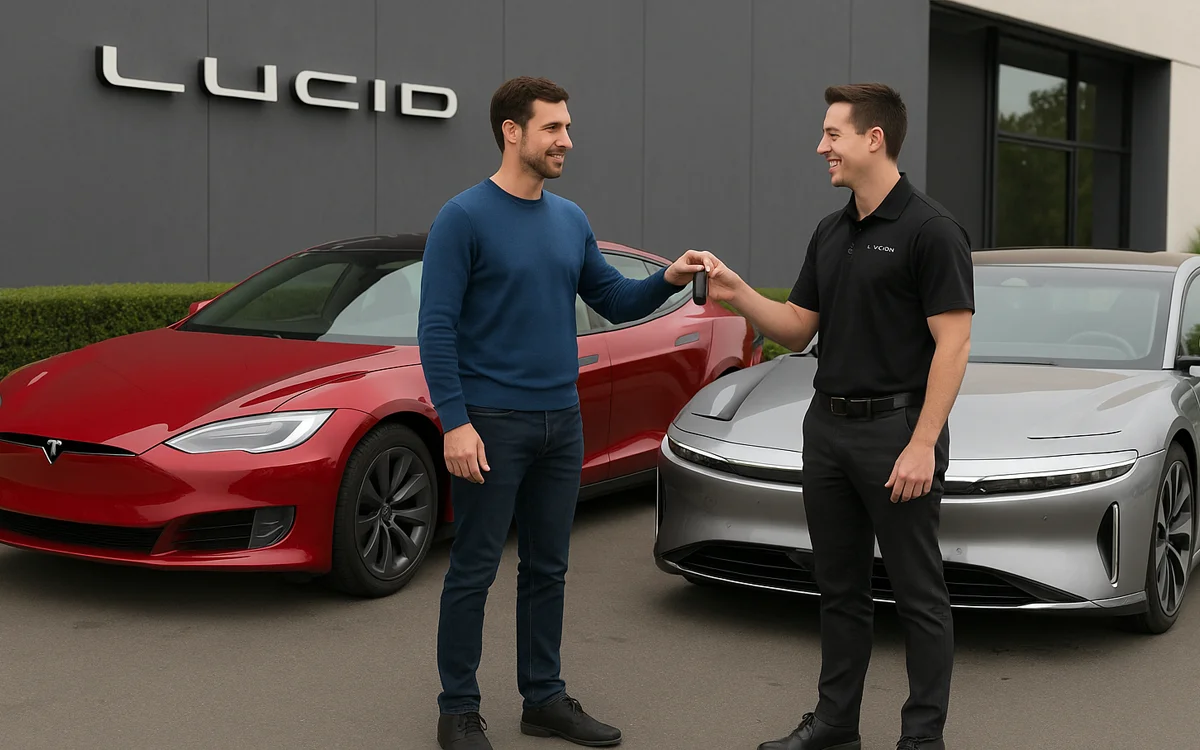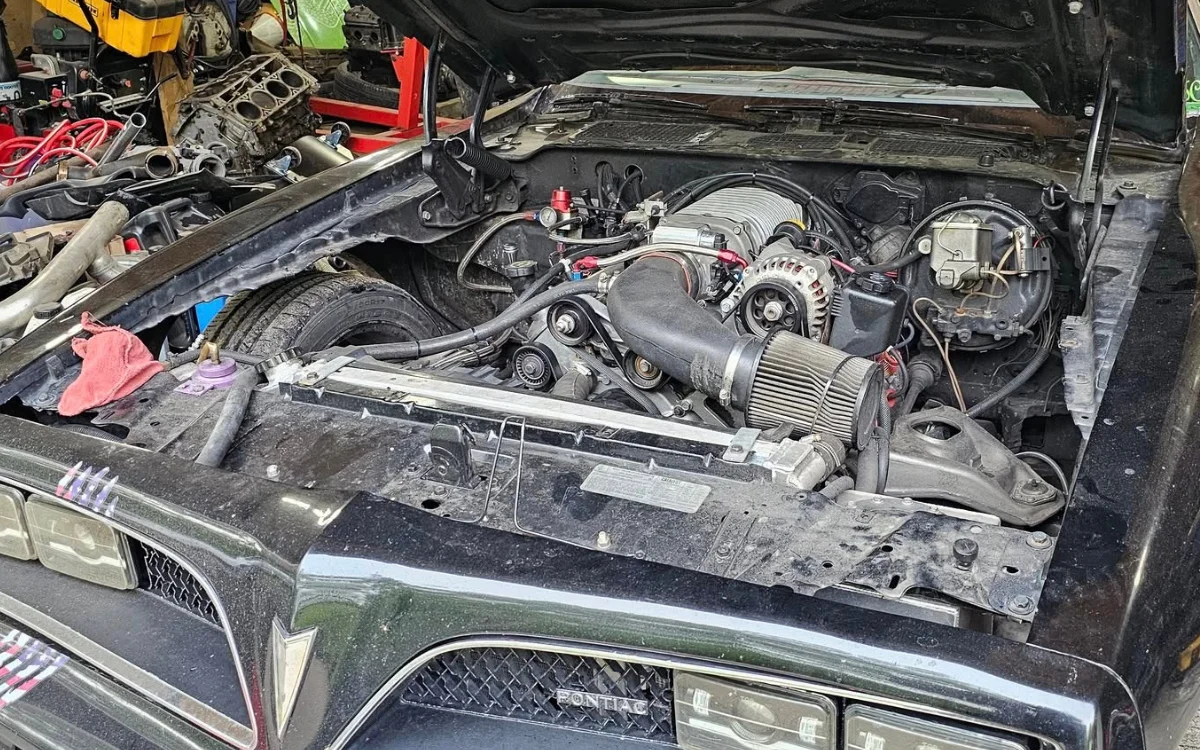California’s Silicon Valley startup is relying on new form of battery technology to break China’s EV materials dominance
The startup will lean on a homegrown supply chain The post California’s Silicon Valley startup is relying on new form of battery technology to break China’s EV materials dominance appeared first on Supercar Blondie.

A new generation of battery technology could shift the balance of global EV supply chains, and Silicon Valley startup Lyten wants to lead the charge.
The California-based firm, backed by automotive giant Stellantis, is betting on lithium-sulfur (Li-S) batteries as the future of electric mobility.
Unlike conventional lithium-ion batteries, Li-S chemistries don’t rely on materials like cobalt, nickel, or graphite, which are all areas dominated by China.
Instead, Lyten is developing an alternative that leans on resources abundant in the US, and a homegrown supply chain.
VISIT SBX CARS – View live supercar auctions powered by Supercar Blondie
This new battery technology is still developing
Lyten plans to begin commercial production of small Li-S batteries later this year, targeting military drones as its first use case.
Larger batteries designed for electric vehicles could follow by the decade’s end.
The company has already acquired a lithium-metal battery facility near its Bay Area headquarters and a separate lithium-ion plant in Poland, both of which will be retooled for Li-S production.
By using sulfur, which is a low-cost byproduct of oil refining, Lyten hopes to reduce reliance on geopolitically sensitive materials and avoid tariffs that come with importing battery components.
One of the major challenges with lithium-sulfur batteries is their limited cycle life.
A reaction known as the ‘polysulfide shuttle’ can degrade battery performance over time, making it difficult to reach the durability benchmarks required for EVs.
To overcome this, Lyten has developed a proprietary 3D Graphene material that traps sulfur and prevents degradation.

The company also engineers its own lithium-metal anodes, in order to further extend battery lifespan.
Still, experts caution that Li-S batteries haven’t yet reached the thousand-cycle durability needed for EV use.
After all, many people may think otherwise, but EV batteries are actually designed to be extremely durable, easily outliving an average ICE car in the US.
China is also developing lithium-sulfur batteries
Despite these challenges, Lyten’s approach could offer major advantages.
Sulfur is lighter and potentially offers higher energy density than traditional battery chemistries, making it attractive for future energy storage, e-bikes, and electronics.

More importantly, it allows for battery production free from China’s dominance in mining and processing critical materials.
While commercial EV deployment of Li-S batteries may still be five to ten years away, Lyten is laying the foundation now.
However, the company isn’t alone in their pursuit of new EV battery technology.
Researchers in China are also working on developing their own Li-S batteries, although they are also in the early stages of development.
Given that China recently unearthed about 540 million tons of lithium, and currently control more than 70 percent of global lithium refining capacity, the country is still primed to be an EV powerhouse.The post California’s Silicon Valley startup is relying on new form of battery technology to break China’s EV materials dominance appeared first on Supercar Blondie.
What's Your Reaction?








































